Last Updated on 11 March 2025 by Cycloscope
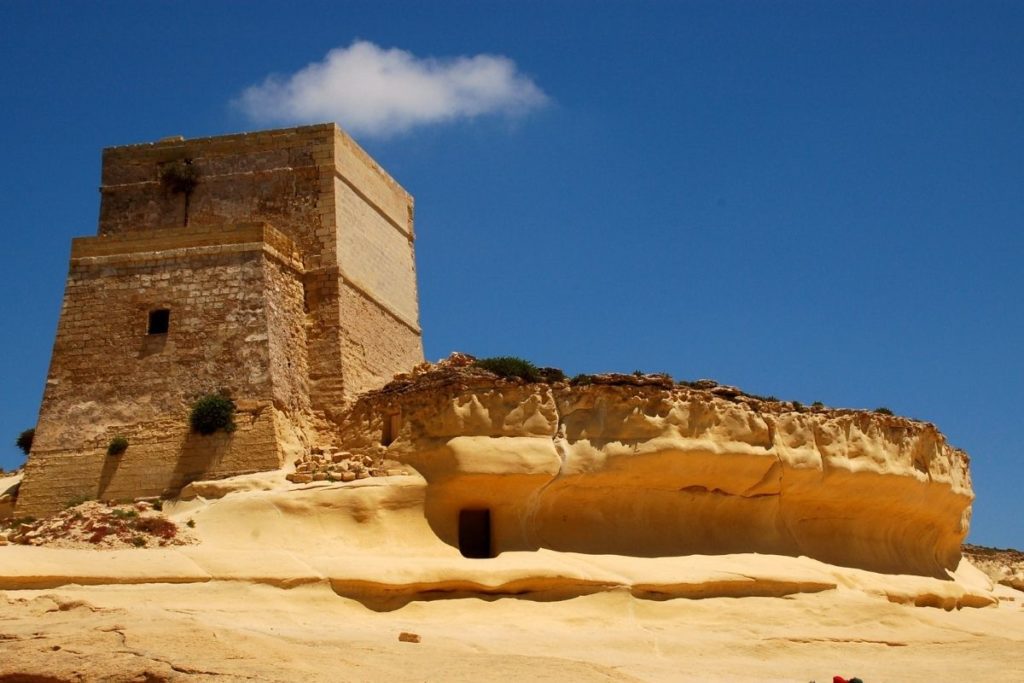
Gozo is easily accessible from Malta thanks to a short ferry journey, and with the new SIBIT cycle route, it’s never been easier to take in what the island has to offer.
One could be forgiven for not instantly thinking of bike touring when considering a visit to the Maltese islands in the southern Mediterranean, with their sandy beaches and picturesque coastal towns.
This may now be in the process of changing thanks to the EU initiative known as SIBIT, or the Sustainable Interregional Bike Tourism project.
Thanks to investment by this organisation the Maltese islands are home to three new long distance cycle routes. Of the three, two are on the mainland of Malta, and the third, which we’re looking at in detail today, is a new circular coastal route around the second largest Maltese island, Gozo.
Like Malta, Gozo has a fascinating history and culture that dates back to remote antiquity and it is home to beautiful scenery as well as several vibrant hillside and coastal towns.
Gozo is easily accessible from Malta thanks to a short ferry journey, and with the new SIBIT cycle route, it’s never been easier to take in what the island has to offer.
Għajnsielem
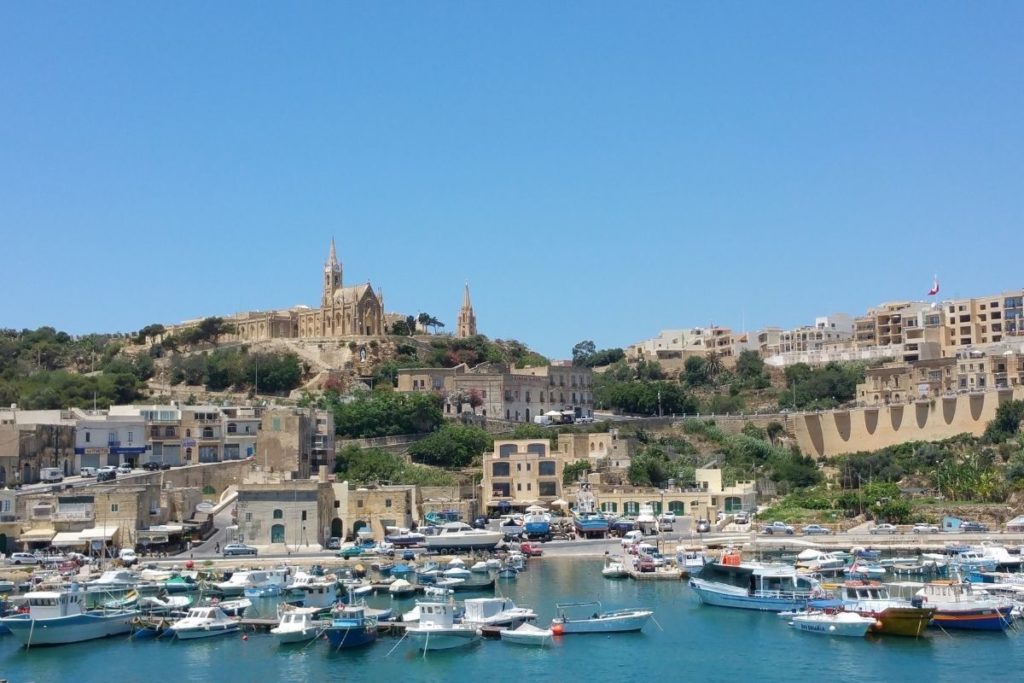
The route begins in the town of Għajnsielem, right by the Mġarr Harbour that receives incoming ferries from the Maltese mainland.
This small settlement lies on the southeastern edge of Gozo. Its name translates as “peaceful spring”, a reference to the public baths built in the region during the 1700s.
Qala
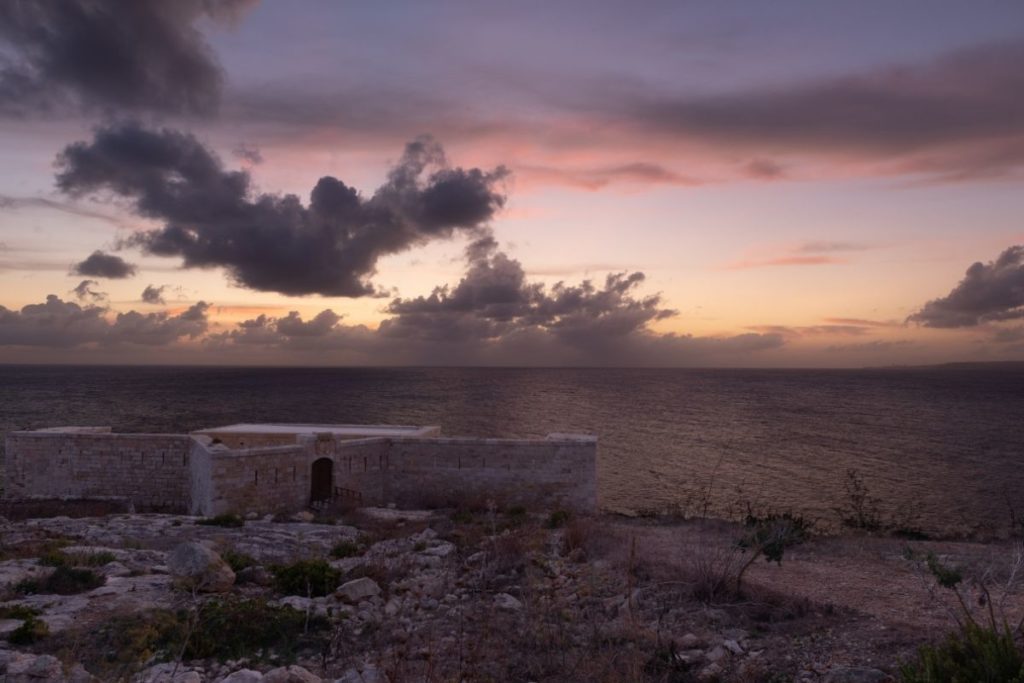
From Għajnsielem the cycle route then begins to snake its way around the coast in a westerly, anticlockwise direction up into some rocky hillsides where the village of Qala is situated.
The major attraction of Qala is the region of coastline below the village, known as Ħondoq ir-Rummien.
It is home to deep water caves with clear water that are very popular with scuba divers and snorkelers.
Nadur
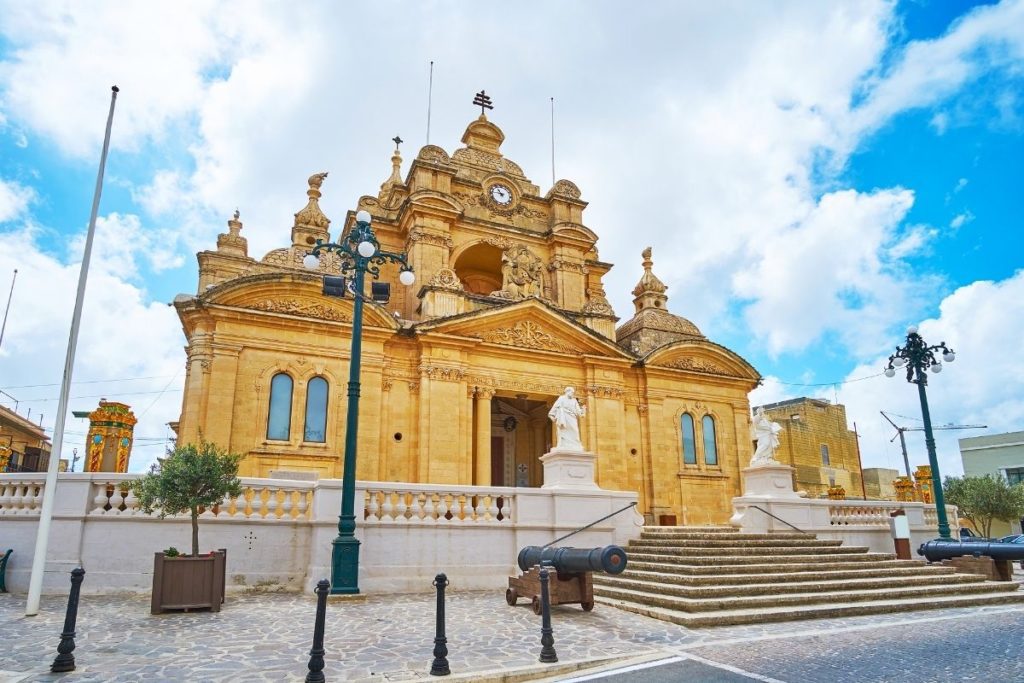
From Qala, the route begins to head northwards to a high eastern plateau, on which is situated the small city of Nadur, the second largest settlement on Gozo.
Nadur has a reputation for its many bakeries that offer a wide range of pastries, cakes and Maltese delicacies.
Xagħra
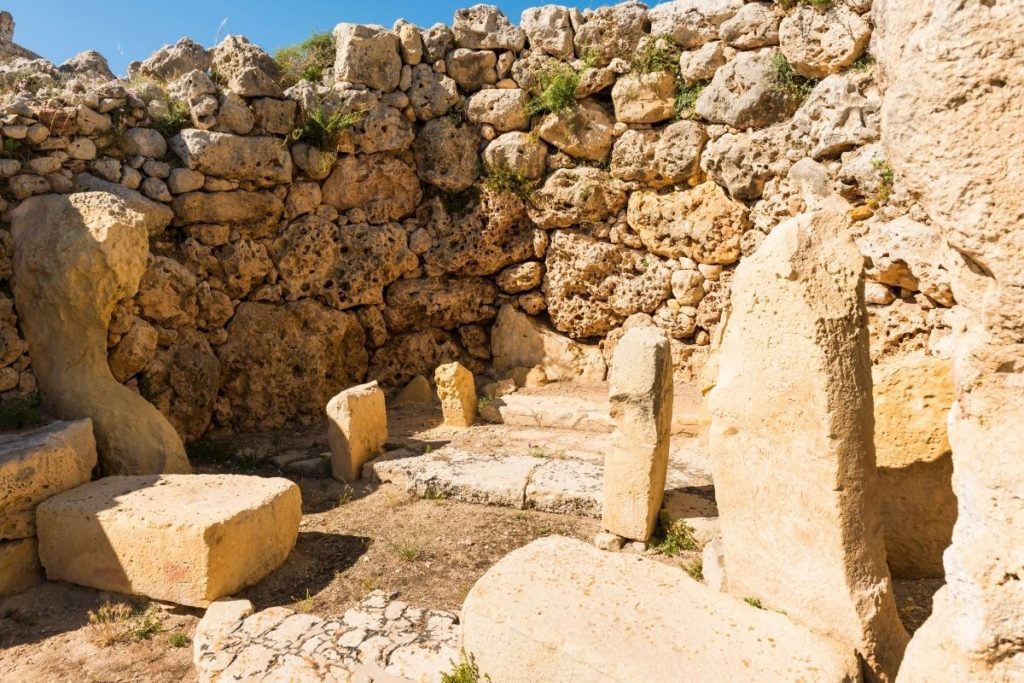
The trail then begins to move westward along the north coast of Gozo, where you will reach the next stop, Xagħra.
This village’s principal claim to fame is as the home of some awe-inspiring prehistoric sites, the Ggantija temples.
These are situated inland from the route by about 2km and, along with Malta’s Tarxien, Hagar Qim and Mnajdra sites, form the world famous Maltese temple complex, all of which were constructed before the great pyramids of Egypt.
Marsalforn
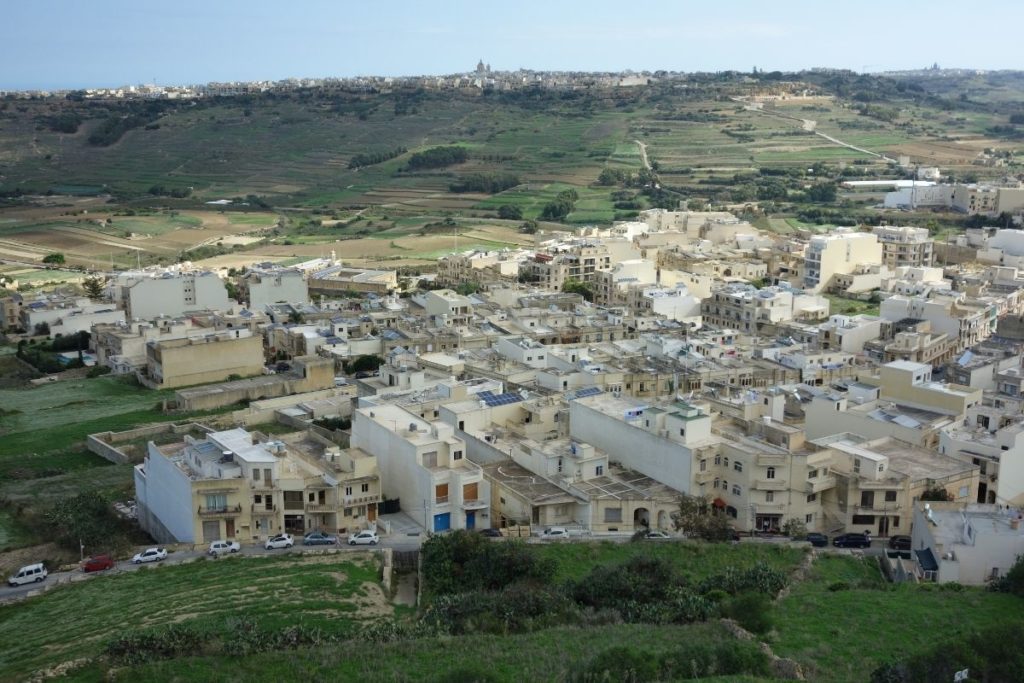
From Xagħra the trail heads further westward to the town of Marsalforn, a popular holiday destination with a nice selection of beaches and hotels as well as a bustling nightlife thanks to its numerous bars and restaurants.
Żebbuġ
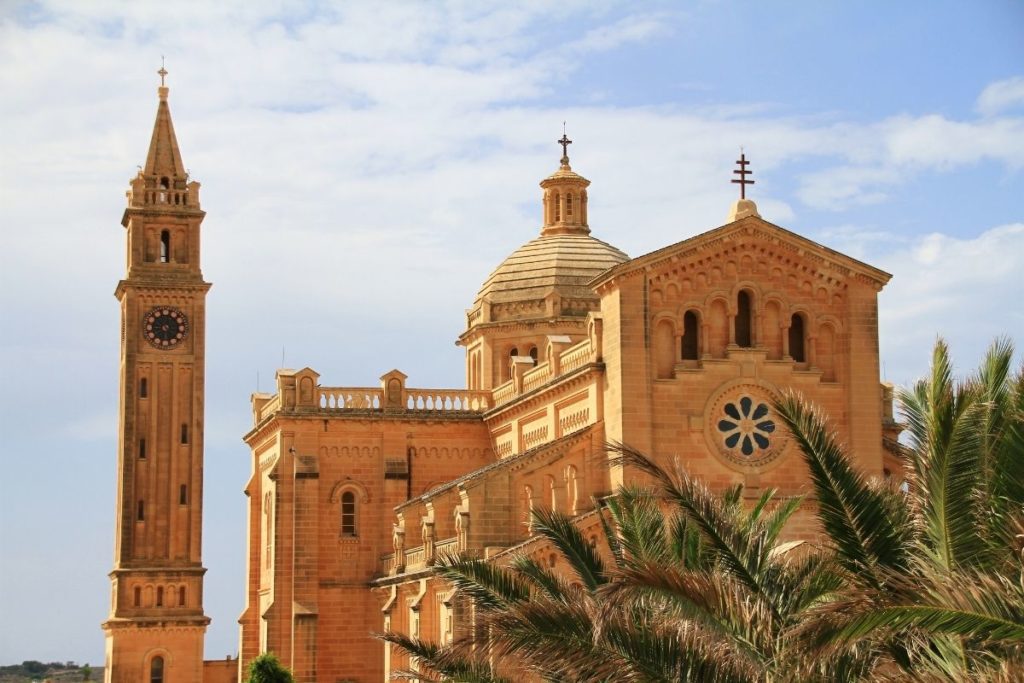
The route then begins to climb once more up to the settlement of Żebbuġ, a name which translates as Olive Trees.
In the past this region used to have a reputation for its olive groves, though much of this industry has now left Gozo.
What remains, however, is an enduring tradition of artisanal lacework, with skilled workers crafting these intricate textiles for sale in the tourist trade.
Għasri
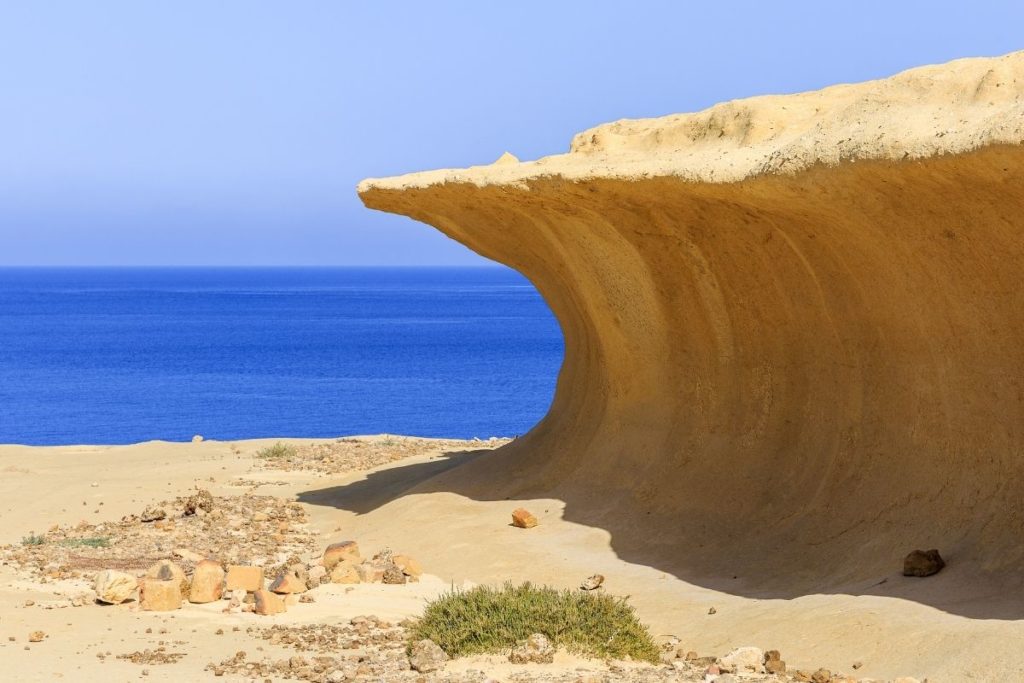
Next stop is the small village of Għasri on the western coast of the island. It is home to the Giordan Lighthouse, a 180 meter tall lighthouse that was completed in 1853.
The top of this lighthouse offers spectacular views of Gozo, as well as the Maltese archipelago in the distance.
Għarb
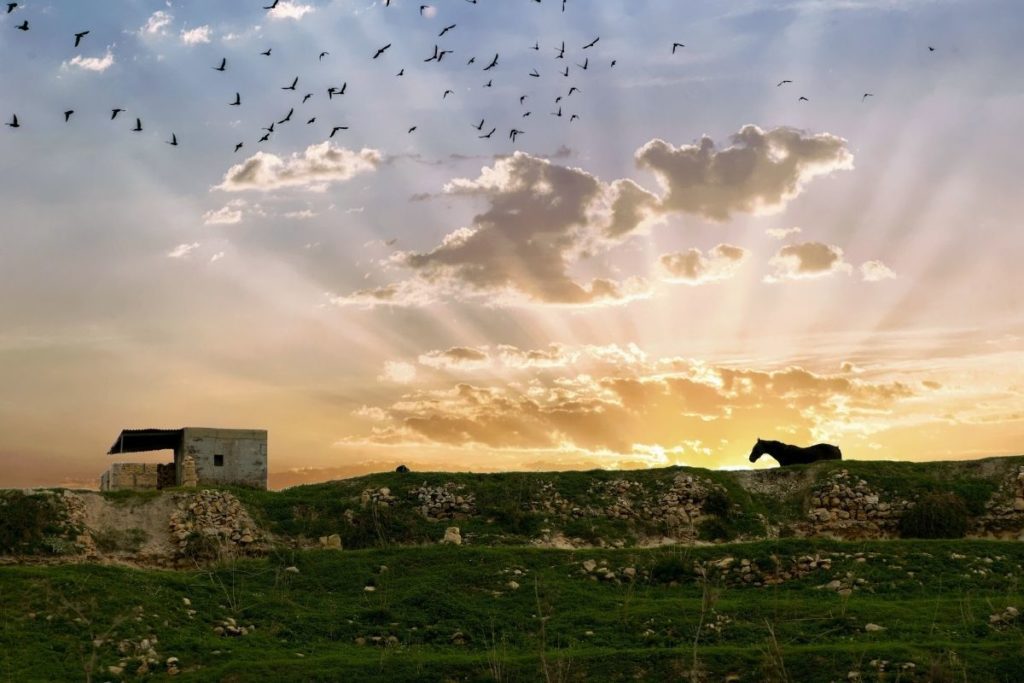
From Għasri, the route heads to its westernmost point, the village of Għarb, a word which translates from Maltese as “West”, denoting its geographical location.
Għarb is well regarded for its beautiful plaza that is home to a museum of Gozitan folklore. In addition to this, the region is home to the highest point on the island, Ta’ Dbieġi, a hill rising to an elevation of 194 meters above sea level.
San Lawrenz
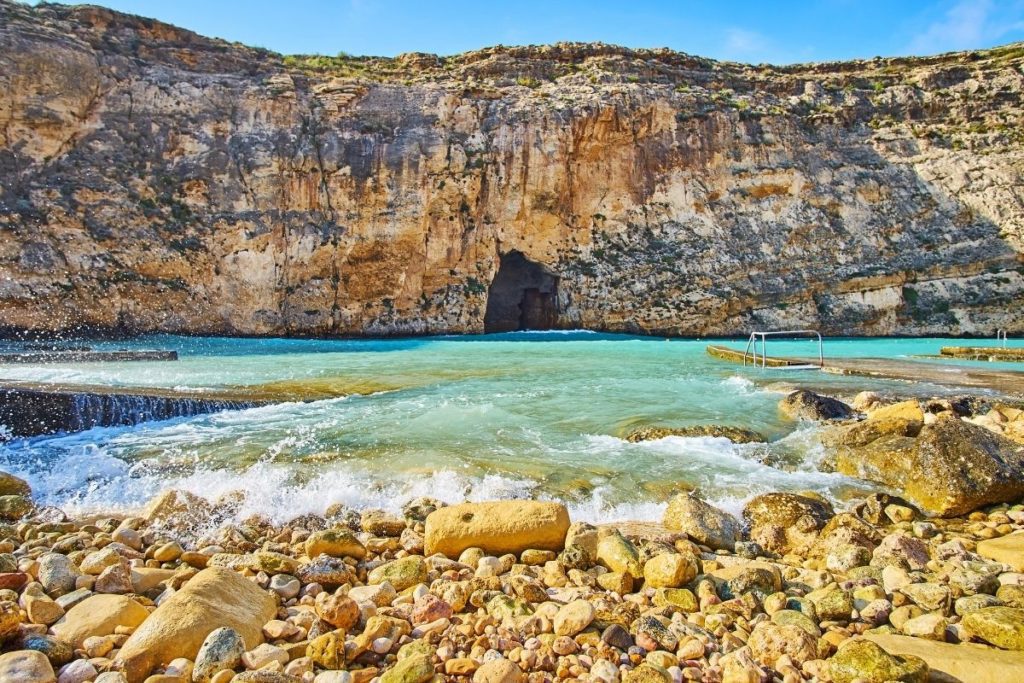
Now on the way to the village of San Lawrenz, the route begins to head due south as we make our way back to Gozo’s southern coast.
With a population of about 700, San Lawrenz is one of the smallest settlements on the Maltese archipelago and has retained much of its traditional culture and way of life.
San Lawrenz also adjoins the Dwejra nature reserve, which is home to numerous impressive coastal rock formations – really a must for every touristic itinerary of Malta.
Kerċem
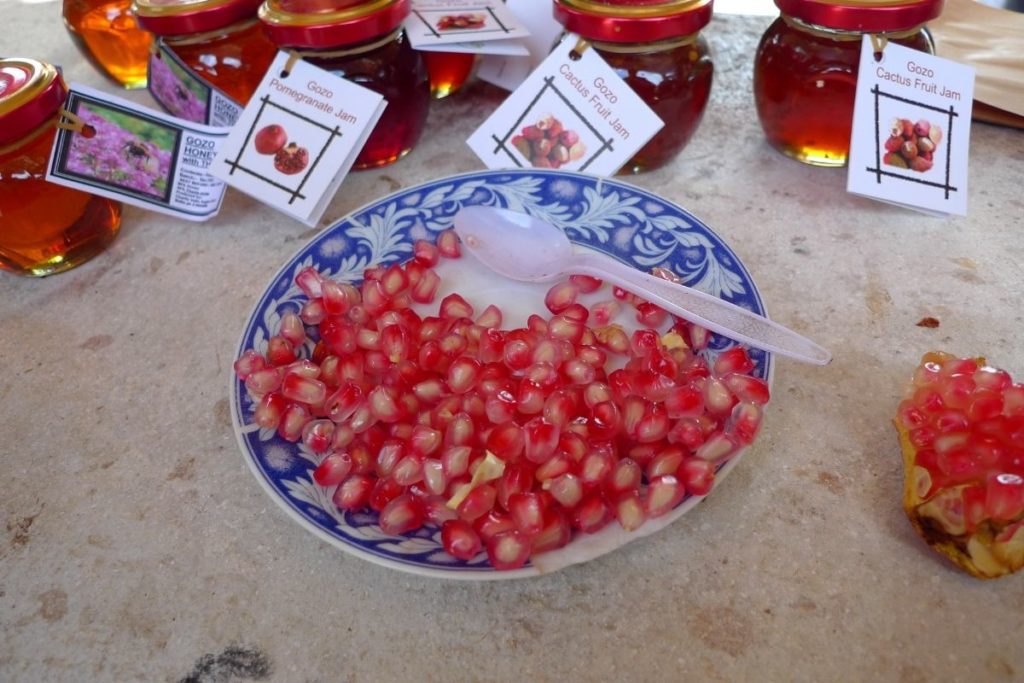
We then head inland a short way to the village of Kerċem, nestled in the Lunzjata Valley.
Kerċem is one of the oldest continuously settled regions on Gozo, with archaeological evidence pointing to human habitation in the valley dating back almost 7000 years.
Further excavations also point to the presence of some Roman constructions, including catacombs and former bath houses.
Rabat
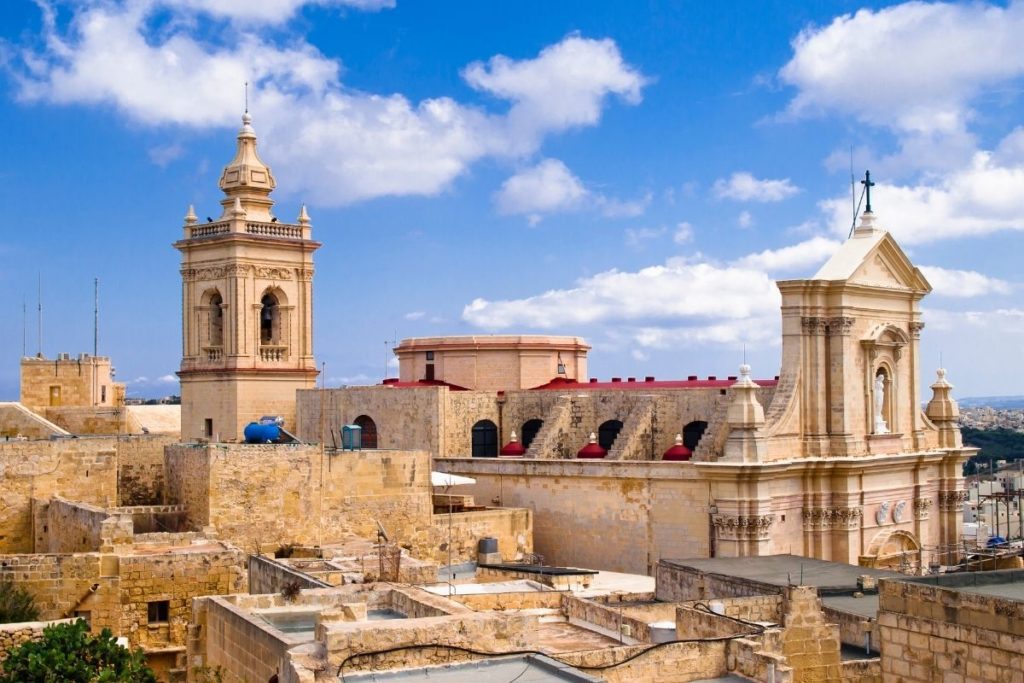
The next stop is the capital city of Gozo, known alternately as Rabat or Victoria. This latter name was given to the city during a period of British occupation in the late 19th century.
In spite of this, locals predominantly refer to the city as Rabat. As the capital of Gozo, Rabat serves as the nexus for the island’s cultural life and activities.
It is home to several beautiful churches and other attractions, including the Villa Rundle Gardens.
Sannat
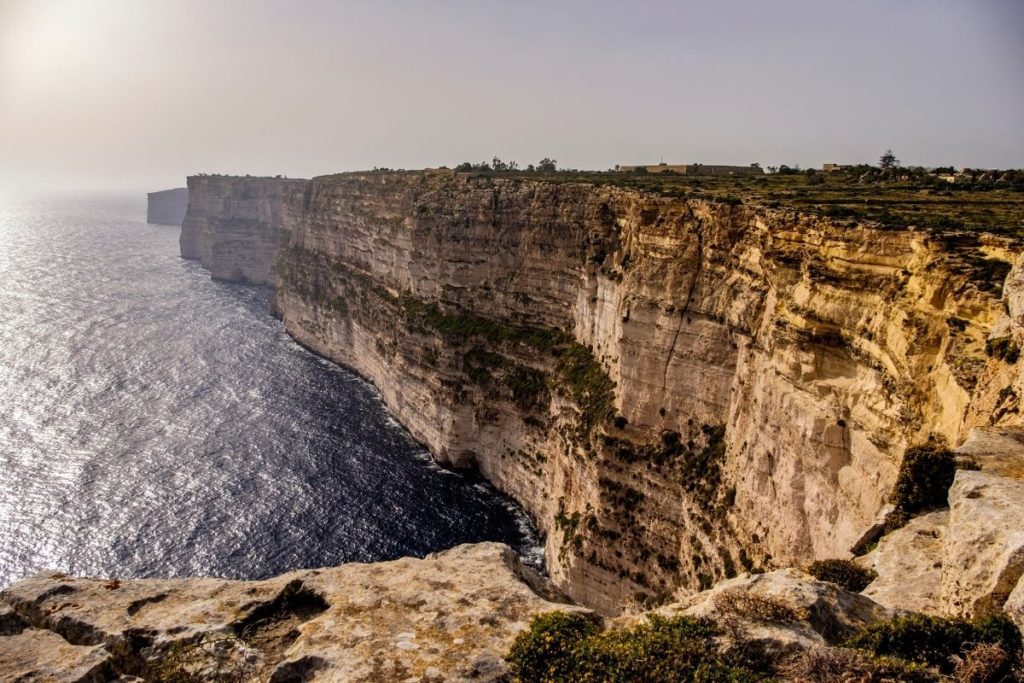
From Rabat we come once again to the southern coastline and the village of Sannat, considered a particular area of natural beauty on Gozo with a rich variety of plant and animal life.
Sannat is also home to high cliffs from which you can take in beautiful views over the sea towards Malta.
Xewkija
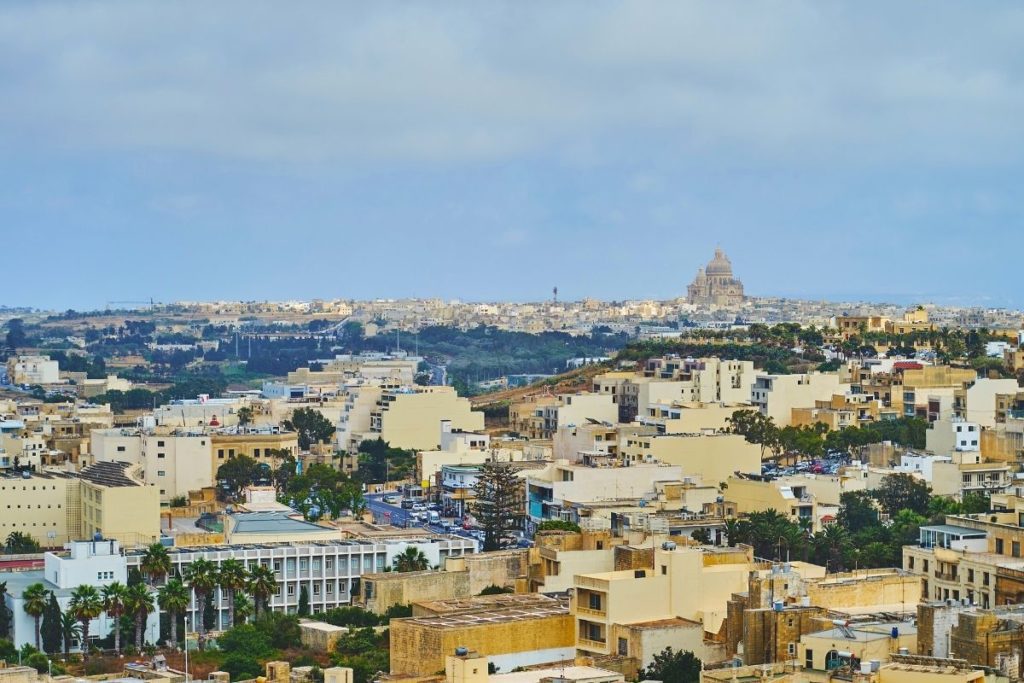
The trail concludes not far from where we started, near Għajnsielem in the southern village of Xewkija. This settlement is vibrant due to being nestled in between the port of Għajnsielem and the capital Rabat.
It’s major claim to fame is it’s church, the Rotunda of Xewkija, otherwise known as The Church of Saint John the Baptist. It serves as the spiritual seat of the Sovereign Military Order of Malta, a catholic religious order descending from the Medieval Knights Hospitaller.


